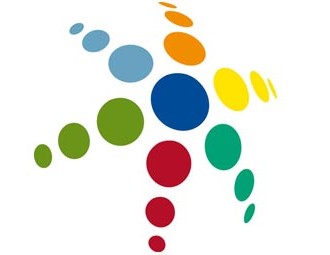Civil Society Forum in Poznan is coming

The 3rd annual Assembly of the Eastern Partnership Civil Society Forum (EaP CSF) "A partnership for democratic reforms and European integration" will be held in Poznan, Poland, on 28-30 November 2011. The Forum will gather around 300 participants and...
The 3rd annual Assembly of the Eastern Partnership Civil Society Forum (EaP CSF) "A partnership for democratic reforms and European integration" will be held in Poznan, Poland, on 28-30 November 2011. The Forum will gather around 300 participants and guests from civil society sector working in Armenia, Azerbaijan, Belarus, Georgia, Moldova, Ukraine and EU. During three days of intensive agenda participants will be able to discuss different question on civil society engagement in eastern partnership, challenges and prospects for further development of EaP Civil Society Forum.

The Eastern Partnership Civil Society Forum has been established in 2009 following the Prague Summit launching the Eastern Partnership. The EaP CSF aims to support the further development of civil society organizations and promote contacts between them as well as facilitate their dialogue with public authorities. The first EaP CSF took place in Brussels on 16-17 November 2009 and second was held in Berlin on 18-19 November 2010.
The 3rd annual meeting of the Eastern Partnership Civil Society Forum will have extended format (from 1,5 up to three days) which has been made possible thanks to the European Commission/European External Action Service and the generous support of Poland’s Ministry of Foreign Affairs.
Agenda of the Forum is intensive and full of activities: plenary sessions, working group discussions, side events and debates on Strategic concept of the Forum and issue of Forum registration as legal entity.
Štefan Füle, European Commissioner for Enlargement and Neighbourhood Policy will open the fist panel discussion "Towards a new strategy for civil society engagement in the Eastern Partnership".
RadosЕ‚aw Sikorski, Minister for Foreign Affairs of the Republic of Poland will give a speech on the topic "Two Years of the Eastern Partnership and the EaP Civil Society Forum" and Award the Eastern Partnership Journalistic Prize for outstanding reporting on democracy, human rights, fight against abuse of power and the European Union issues.
Related documents:
-
Programme of the 3rd annual meeting EaP CSF

-
Concept Paper for EaP CSF development 2011

-
Strategic road map for EaP CSF 2011

-
Proposal for a registration of the EaP CSF

-
List of participants

-
Election procedures for the annual EaP CSF

-
03.01
-
07.10
-
22.09
-
17.08
-
12.08
-
30.09










































